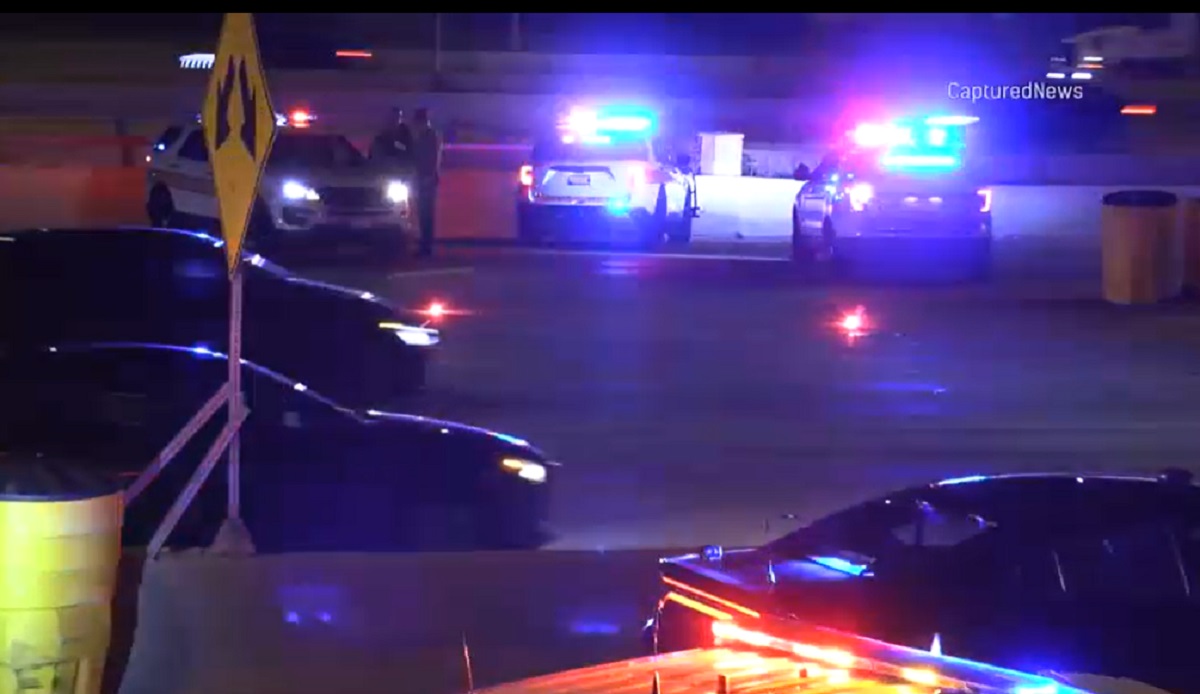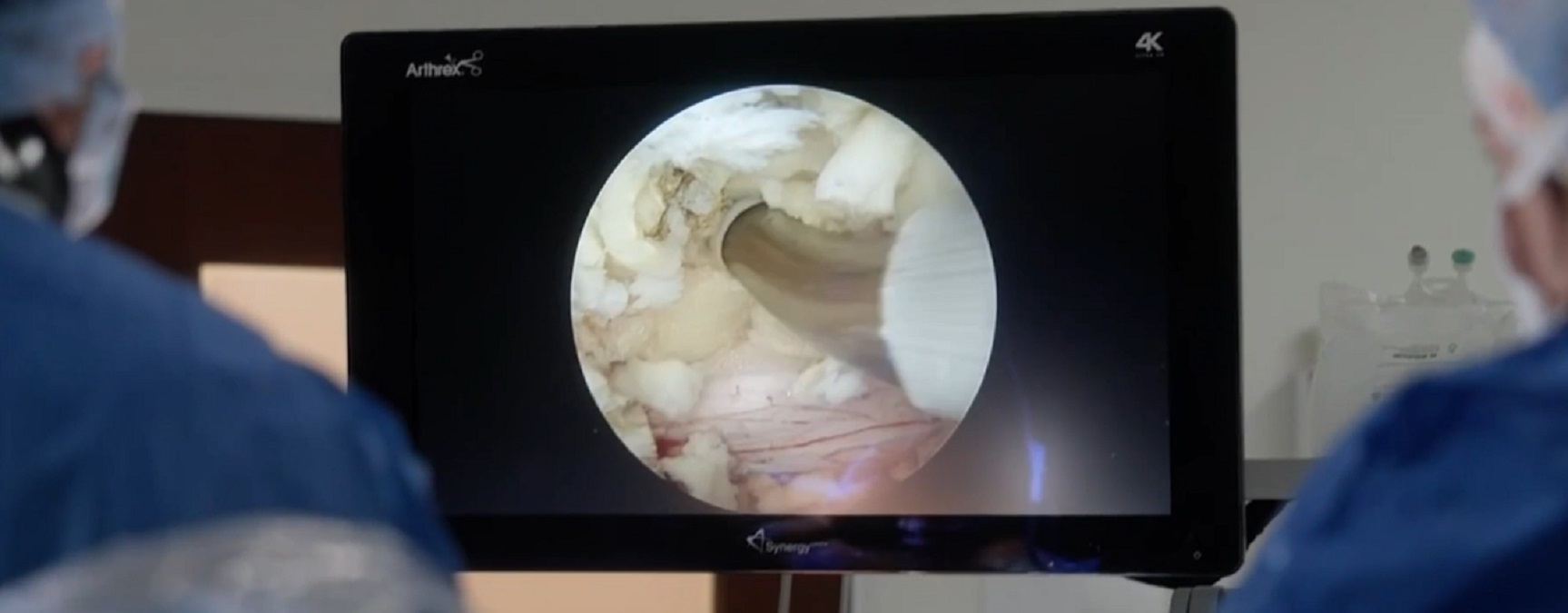Chicago is on track to be "fully open" by the Fourth of July holiday, the city's mayor announced Tuesday.
During a press conference celebrating the return of the Chicago Auto Show this summer, Illinois' first large convention since the start of the pandemic, Lightfoot said the city aims to be "one of the first cities to fully and safely reopen in the nation."
"Every day that our COVID-19 metrics continue to tick downward, raises the day closer to be able to put this pandemic in the rearview mirror, and we are too close to accomplishing this mission to give up now," Lightfoot said. "Our goal, ladies and gentlemen, is to be fully open by July, 4. I am working night and day toward this goal, as is our public health department, but we and I need you to continue to be on this journey with us, and that means getting vaccinated now, as soon as possible."
According to state health officials, "Chicago has made significant progress in reversing the rise in COVID-19 metrics that started in March and caused the city to pause the reopening plan."
Feeling out of the loop? We'll catch you up on the Chicago news you need to know. Sign up for the weekly Chicago Catch-Up newsletter here.
In the last week, COVID-19 test positivity rate has dropped and is now under 5%, data showed.
“We have seen steady progress in recent weeks with a downward trend in our leading COVID metrics and more and more people stepping up to get vaccinated, which is so important in getting us out of this pandemic,” Chicago Department of Public Health Commissioner Dr. Allison Arwady said in a statement. “That has made this exciting day possible.”
Chicago's reopening goal echoes one by the state.
Local
In a release Tuesday, Illinois officials revealed the state "is on track to be in Phase 5 in July. Phase 5, the final phase in the state's reopening plan, would see all sectors of the economy fully reopened and no capacity limits, among other changes.
“The trends are encouraging, but we must be cautious as we move forward,” Illinois Department of Public Health Director Dr. Ngozi Ezike said in a statement. “As more venues reopen, it is critical that we increase the number of people who are vaccinated. Immunity is how we stop transmission of this virus, but we need greater community immunity and that requires as many of us as possible getting vaccinated as soon as possible.”
According to state data, 55% of residents 16 and older and 79% of residents 65 and older have been vaccinated so far as hospitalizations and cases decline following an earlier surge.
In order for Illinois to reach Phase 5, it must first reach a transition period known as the Bridge Phase, which officials said could come "soon," and as early as next week.
Requirements to advance to the Bridge Phase include that the entire state must reach a 70% first-dose vaccination rate for residents 65 and older, in addition to maintaining the current required metrics of at least 20% ICU beds availability and holding steady on hospitalizations for COVID-19 or COVID-like illnesses, mortality rates and case rates over a 28-day monitoring period.
"As these metrics continue to stabilize and decline, the state could soon move into the 'Bridge Phase' of the Restore Illinois Reopening Plan," the state said in a release. "For conventions, this will mean events with the lesser of 1,000 people or 60 percent capacity. Following a 28-day period of continued stability or decline in key COVID-19 metrics, the state would then move into Phase 5, with all capacity limits lifted."
Chicago has announced plans to also enter a bridge phase in the coming weeks if metrics continue their downward trend. The city most recently announced changes to its reopening plan last week, expanding capacity at a number of businesses and allowing for the return of fans in the stands at the United Center.
Among the changes that took effect Thursday were:
- Restaurants and bars: Indoor capacity can increase to the lesser of 50% or 100 people.
- Spectator events, theater, and performing arts: Large indoor venues, including the United Center, can now operate at 25% capacity.
- Meetings, conferences, and conventions: Large indoor venues can now operate at the lesser of 25% or 250 people.
- Places of worship: Large indoor venues can now operate at 25% capacity.
- Festivals and general admission outdoor spectator events: Operate at 15 people per 1,000 sq. ft.
- Flea and farmers markets: Operate at 25% capacity or 15 people per 1,000 sq. ft.



